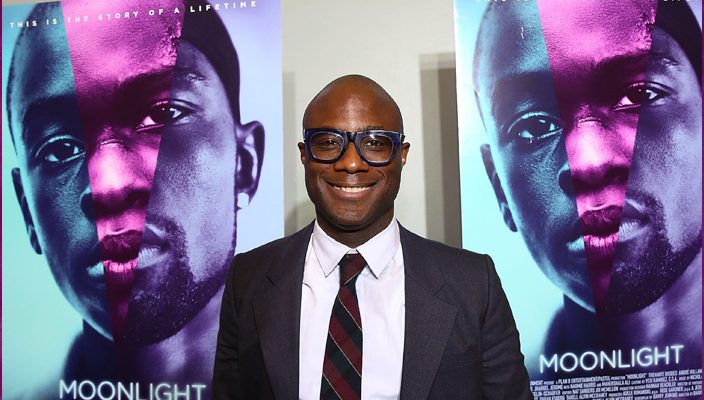Black History Month:
The Brilliance of Barry Jenkins
In 2017, Barry Jenkins received Oscar nominations for Best Director and Best Adapted Screenplay for his magnificent film, Moonlight. Jenkins didn’t win Best Director that year, but he still made history by being only the fourth black person to be nominated. However, he did win the Best Adapted Screenplay category alongside Tarell Alvin McCraney.
Moonlight was also nominated for Best Picture that year, and it won. Jenkins became only the second black person to direct a Best Picture winner, Hollywood’s highest honor. Moonlight’s win reverberated across multiple cultural landscapes because it was the first film to be centered on a LGBTQ character to win Best Picture. It was also the first Best Picture winner with an all-black cast that wasn’t about racism.
As a writer and director, Jenkins has continued to push the boundaries of cinema and storytelling with his 2019 Oscar-nominated film, If Beale Street Could Talk. I spoke with Jenkins for an interview for the film, and I asked him if he preferred creating coming-of-age stories, since Moonlight and If Beale Street Could Talk followed a similar age pattern.
“I don’t have a preference at all,” said Jenkins. “I don’t want to be in the business of only making coming-of-age stories because then I’m going to age out of that very quickly. I’ve already aged out of it, and I would like to tell stories that are in some ways applicable to people in my generation. But I think we all have to come-of-age at some point and I think it’s why that story form has endured for so long because it’s a universal experience, you know. And I think, too, just out of nature versus nurture, the place where the adults are going to become is decided often in adolescence.”
This month we honor Barry Jenkins as a trailblazing director, writer and visionary.













